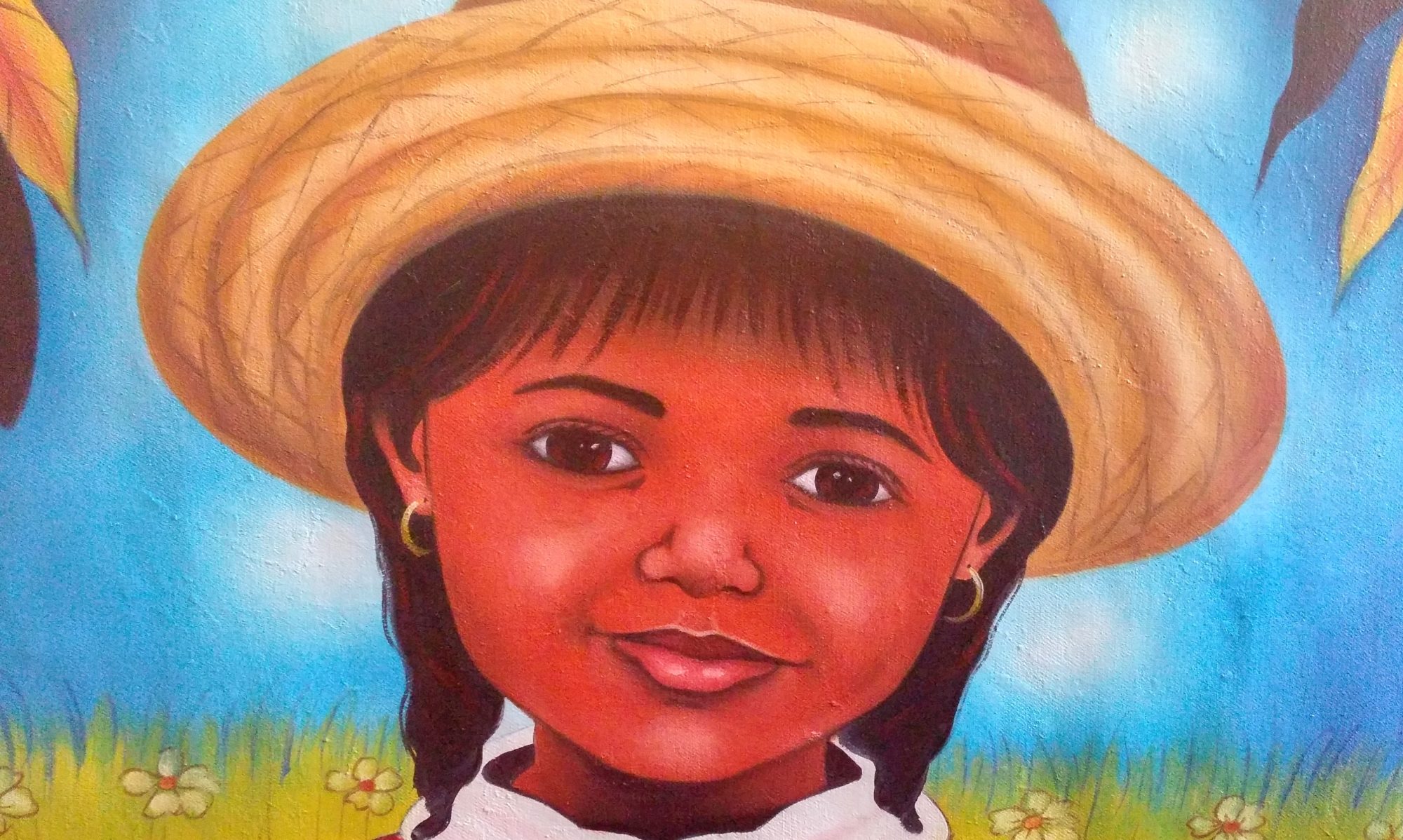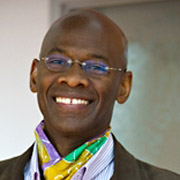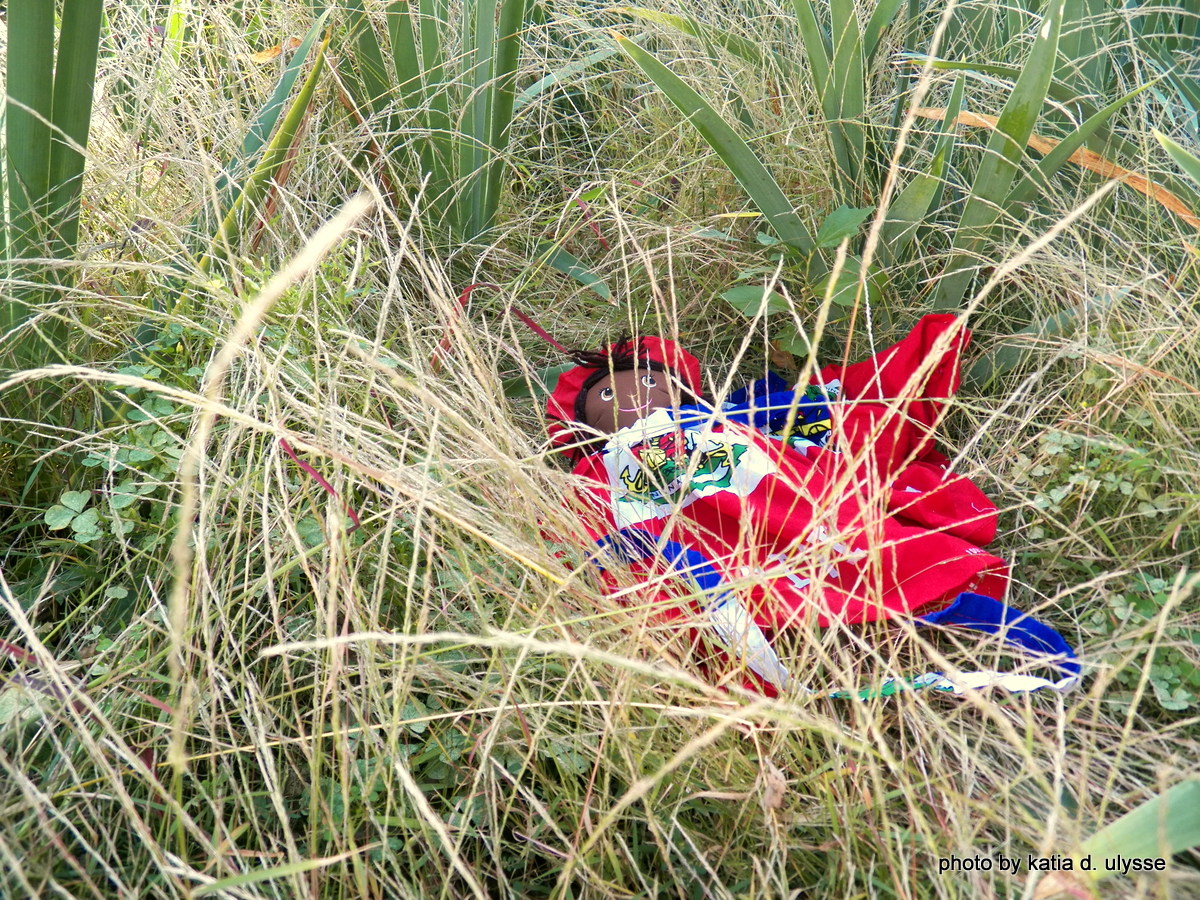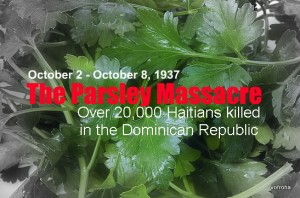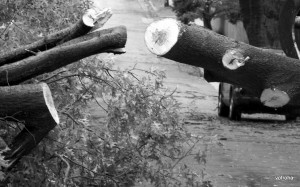 A seemingly insatiable superstorm feasts on the Eastern Seaboard, leaving millions without power and a death toll that acts like a helium balloon. Sandy spent time in Haiti, of course. She had to claim what Isaac forgot to take with him a few months ago. “We’re facing a serious crisis,” the Prime Minister says. No truer words. . .
A seemingly insatiable superstorm feasts on the Eastern Seaboard, leaving millions without power and a death toll that acts like a helium balloon. Sandy spent time in Haiti, of course. She had to claim what Isaac forgot to take with him a few months ago. “We’re facing a serious crisis,” the Prime Minister says. No truer words. . .
I don’t know if she has a FB page. but Sandy updates her status as she moves from town to town, shifting from hurricane to tropical storm to simply “heavy rain.” They say she continues to weaken. Tell that to the family of those who died.
Frank C. lived in various parts of the U.S. before returning to Haiti several years ago. Ask and he’ll tell you Yes, you can go home again. He celebrated his 73rd birthday recently. “I have known beauty and I have known violence,” he says proudly. “I survived an earthquake that killed hundreds of thousands. I have seen much for one lifetime. Haiti se lakay mwen. Haiti–good or bad–is home. But that Sandy is ruthless. Li moulen tout sa li jwenn. I can’t take another hurricane. I am tired of seeing my friends die.”
Poet Jeanie Bogart says our bellies are full of the floodwater that serves as drink after a daily bread of unadulterated tragedy: “. . .aux et larmes confondus cris étouffés/ ventres remplis/ non pas de ce pain quotidien/ tant attendu/ mais du raz-de-arée/qu’accompagne l’ouragan. . .” Leave it to our poets to help make that bitter pill a little easier to swallow.
In “Where the Water Lives,” poet, painter, and actress Michele Voltaire Marcelin puts it this way: “. . . time threatened/ rain threatened/ and the house floated away/ weightless. . .” The estimated 400,000 still “living” in makeshift shelters watch water levels rise and hear their children cry all the time. “Rain has no memory,” Michele writes. “Rain just is.”
Model Jany Tomba fears more lives will be lost: “Imagine our people back home without the infrastructure we have. The full scope of their powerlessness is felt through our own uncertainty about nature s fury . . .”
“It’s a beautiful day here,” an incredulous Rachelle P. says from her home in sunny Atlanta. “My kids went to school. It’s impossible to imagine so much destruction happening in Haiti, in New York, and everywhere else. . .”

So many places have declared a state of emergency. Schools and businesses remain shut down. Stores have run out of water to sell. The streets are dead. No electricity. No Internet. Flooded homes. Smashed cars. Smashed lives. Lines at gas stations are endless. But this is the U.S.A. Power will be restored; if not now, then on Election Day next week’-)
And with the holidays just around the corner, Times Square will blink with its gazillion lights in no time. There’s no need to imagine being without power 365 nights a year. For life.
I’m so thankful “I got chills. They’re multiplyin. . .'”
